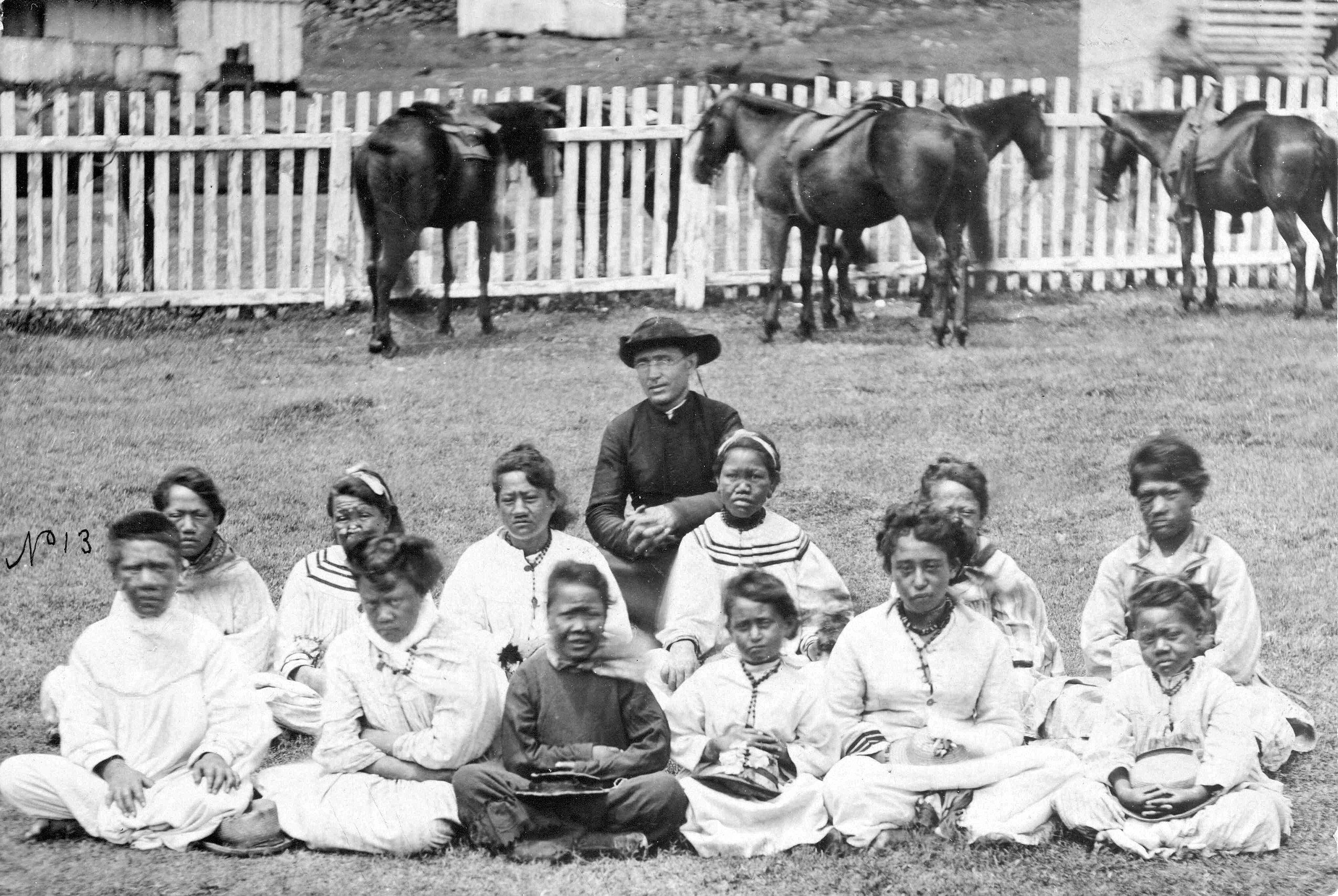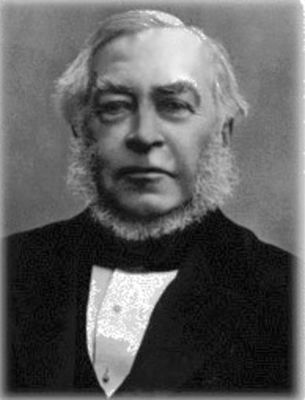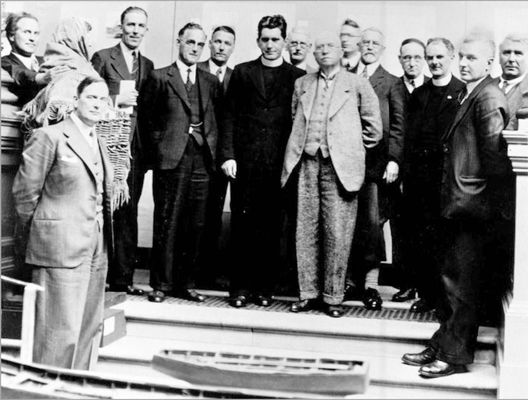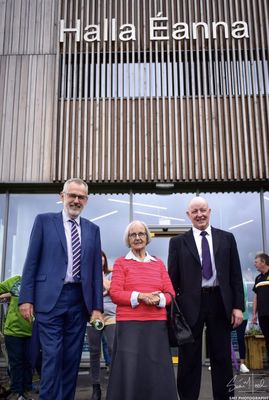ON meeting people I know when out walking or in the supermarket, the conversation in the last few weeks inevitably turns to vaccinations. “Have you had the jab yet?” is the question that is asked. It's a case of who can ask first.
Last week I recognised a former neighbour despite his mask. He had contracted Covid-19 some months ago. Having spent nearly two months in hospital, Oliver was discharged. Less than a week later he was rushed back. In all, he spent nine weeks in three different hospitals. A keen golfer, he is still in recovery two months later and although golf courses reopen shortly it will be some time until he can play again.
A short time later I chatted with Raymond whom I first encountered when teaching a Primary 7 class some fifty years ago. He told me that he and his wife were both afflicted by the pandemic. They recovered at home in just two weeks. However, Raymond’s elderly mother died and they were unable to attend her funeral, a massive blow as Raymond is the organiser in that family. My thoughts were particularly with these people as I watched the news of the suspension of the AstraZeneca vaccine.
Initially a small news item sparked off the developing story. Health authorities in Austria suspended inoculations from a batch of the AstraZeneca Covid-19 vaccine as a precaution while investigating the death of one person and the illness of another shortly after receiving the jab.
A small portion of the country's AstraZeneca supply was suspended, but the rest was administered as planned. A week later it was reported from Norway that four people who had received a dose of the AstraZeneca vaccine had experienced severe blood clots and one of them died. All were under 50 and it was reported that three were healthcare workers.
Denmark suspended all use of the AstraZeneca vaccine and Norway followed Denmark's lead. In something of a domino effect, several countries including Germany, France, Italy, Spain, the Netherlands and Thailand suspended the vaccine. On Sunday morning, March 14, it was announced that the AstraZeneca vaccine would be paused in the South of Ireland too. It's worth noting that the European Medicines Agency has supported the continued use of the AstraZenica vaccine at all times.
In the South the news was seen by some as a hammer blow in the already sluggish vaccine roll-out. Some 30,000 people – healthcare workers and people aged 16 to 69 with several underlying health conditions – who had been scheduled for vaccination this week were told their appointments were being delayed. Travel arrangements had been made to bring them to vaccine centres.The decision appeared to have divided the country's medical and scientific community.
On Monday, I listened to Professor Luke O'Neill of Trinity College Dublin's School of Biochemistry and Immunology, who is one of the most recognisable experts on the pandemic. He said he found the suspension “dangerous”.
On Newstalk he said: “They are not trusting the science, 17 million people have had this vaccine and there is no evidence of any kind that it is causing blood clots. And, even worse, we know the virus itself causes blood clots – there is a high risk of that – so they are putting 30,000 people at risk now who aren't getting vaccinated this week. I think it is very disturbing, to be honest.” While awaiting the inevitable decision of the EMA to give the green light to the resumption of use of the AstraZeneca vaccine the Washington Post carried a story with which many of us may be familiar from our primary school RE lessons, the story of Father Damien of Molokai in the late 1800s. We were reminded about the way in which people who suffered from Hansen’s disease, also known as leprosy, were treated. Hawaii sent sufferers to the island of Molokai where they were quarantined for life. The system endured for over a hundred years ending in 1969.
The parallels between the two diseases are scary. It is generally accepted that vaccines are the answer.
Third of all Danes would refuse AstraZeneca vaccine https://t.co/D3zsY0STBb
— The Independent (@Independent) March 25, 2021
While nearly 50 per cent of the adults in the North of Ireland have had their first injection, in the South they are still dealing with over-80s. We have been repeatedly reminded that the virus does not recognise borders and that none of us are safe until all of us are safe. It is essential that the vaccination programme in the south is accelerated.
The Taoiseach missed a crucial chance in saving the day by asking Joe Biden for a few extra doses.
Micheál Martin came out of the meeting on St Patrick’s Day saying that Biden doesn't “necessarily” have a stockpile. The day after, it was announced that four million doses of the American stockpile of AstraZeneca vaccine will be going to Canada and Mexico. The US President has sung Ireland's praises for months. Surely if the Taoiseach had asked he could have at least considered sharing some of his spare vaccines with a nation that he claims to love so much? What a boost this would have given to everyone on the island of Ireland!
Nobody believed that so far into a severe lockdown we would still be at 500 to 600 cases a day in the South and between 150 to 200 in the North of Ireland. Given the rises in numbers of infections on the continent. the fear is that the numbers might begin to rise again rather than fall. Let us hope that the numbers fall and that the current vaccination programme is ramped up North and South. If we can have something approaching a normal summer, then as the vaccination programme is rolled out worldwide we can be confident about the future.
The vaccine roll-out has been mired in controversy across the EU, but the good news is that there are now 76 separate vaccines in clinical trials on humans, with 22 of these having reached the final stages of testing. Meanwhile, nearly 80 pre-clinical vaccine trials are under way on animals. That's a lot of vaccines.
Hope is on the horizon. By this time next year, you will be able your order your vaccine of choice from your doctor and have it administered at your leisure. Normality will have been restored and we can look forward to St Paddy's Day as it should be – albeit with sore heads to follow.








